IT IS LIKE A MIRACLE… for a man, who never knew a letter, to walk out of our school in an hour able to read a whole page of his own language with Roman letters.
We see that miracle happen over and over, every day. But the joy of seeing people learning ten times as fast as they expected to learn, and all set up about their own brilliance does not lose its edge. Frank Laubach
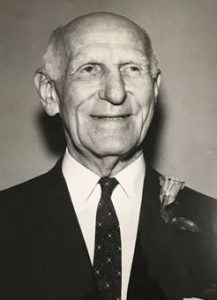 This is the story about the most unlikely teachers, the most suspicious students, and the most miraculous results. It began in 1930 in the Lanao Province of Mindanao, in the southern Philippines. An ambitious young missionary and his wife had decided on the location for their mission field, but before they left for the Philippines, that aspiring missionary-to-be, Frank Laubach, presented a short speech to a farewell party. He explained why they had chosen Mindanao.
This is the story about the most unlikely teachers, the most suspicious students, and the most miraculous results. It began in 1930 in the Lanao Province of Mindanao, in the southern Philippines. An ambitious young missionary and his wife had decided on the location for their mission field, but before they left for the Philippines, that aspiring missionary-to-be, Frank Laubach, presented a short speech to a farewell party. He explained why they had chosen Mindanao.
“If I were in a battle, and with no orders from my captain, I would be a coward if I fought where we were winning; I would be a man if I fought where our ranks were thin, and we were losing the battle. We are in a battle for Jesus Christ, to conquer the world, and the ranks are thinnest and the battle hottest in the Orient. So, we are going where we are needed most.”
 Upon arrival they were told by Army officers that inexperienced missionaries talking religion would only make matters worse. They didn’t think they would be accepted by the Lanaon people (the Moros). After living several months outside of Mindanao, however, Laubach had established some report with the Moros, and he decided to pursue a more thorough knowledge of the language. He asked an American officer to recommend a teacher.
Upon arrival they were told by Army officers that inexperienced missionaries talking religion would only make matters worse. They didn’t think they would be accepted by the Lanaon people (the Moros). After living several months outside of Mindanao, however, Laubach had established some report with the Moros, and he decided to pursue a more thorough knowledge of the language. He asked an American officer to recommend a teacher.
The recommendation? Pambaya, a convicted murderer who had successfully appealed his case, and thereby escaped a twenty-year prison sentence. (Laubach explains in his memoire that this man eventually, “helped us prepare our dictionary and translate thousands of pages into Maranaw, including the Gospel of Luke and the Book of Acts.”)
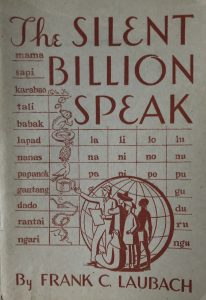 Laubach and Pambaya were joined by a Filipino, Donato Galia, who was a master’s level graduate of Columbia Teachers College, and Pambaya began to teach them. They quickly learned that the Maranaw language had never been written, only spoken. So, the three worked together to create a written form of the Maranaw language, and there began the journey.
Laubach and Pambaya were joined by a Filipino, Donato Galia, who was a master’s level graduate of Columbia Teachers College, and Pambaya began to teach them. They quickly learned that the Maranaw language had never been written, only spoken. So, the three worked together to create a written form of the Maranaw language, and there began the journey.
The men chose to create an alphabet to represent the sounds of the language (12 consonants and 4 vowels – b, d, g, k, l, m, n, p, r, s, t, ng, a, i, o, u.) They would use the new writing system to publish Maranaw poetry, historical accounts, and other cultural elements of interest. Then, they would teach the people to read.
They devised a system for teaching the alphabet, beginning with three words which contained all the consonants in the language. They were Malabanga, (a town in Lanoa); karatasa (paper); and paganada (to study or learn). Then they broke the words into syllables like this:
Malabanga: /ma/-/la/-/ba/-/nga/
Karatasa: /ka/-/ra/-/ta/-/sa/
Paganada: /pa/-/ga/-/na/-/da/
Next, they began teaching words with those syllables, like ma ma (man); a ma (father); ma la (big), and so on. They developed phonics charts for teaching the alphabet and words.
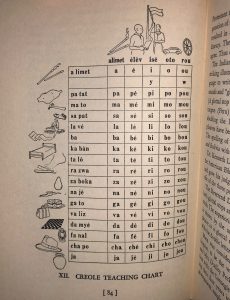 Learners would practice reading from the charts, reciting the sounds (phonemes) that corresponded with the markings (graphemes) on the chart. Laubach’s stories, about his varied experiences while teaching reading, imply that the process was simple, and that many learned very quickly. Here is one such account, in which the fluency was still lacking, but the understanding about how words work was established:
Learners would practice reading from the charts, reciting the sounds (phonemes) that corresponded with the markings (graphemes) on the chart. Laubach’s stories, about his varied experiences while teaching reading, imply that the process was simple, and that many learned very quickly. Here is one such account, in which the fluency was still lacking, but the understanding about how words work was established:
“Two Moros just came in to show me how they are learning to read. Very, very slowly but correctly. One read a paragraph. Perhaps in another month he will attain fair speed. He has passed the first and hardest achievement, for he knows that letters can be so pronounced together, that they form themselves into words and convey the ideas he wants to express.”
“It is like a miracle,” Laubach accounted later, “for a man, who never knew a letter, to walk out of our school in an hour able to read a whole page of his own language with Roman letters. We see that miracle happen over and over, every day. But the joy of seeing people learning ten times as fast as they expected to learn, and all set up about their own brilliance does not lose its edge.”
Laubach also noted that his co-laborer, Donato Galia (the Columbia Grad), was reported to have taught nine Moros to read in half an hour.
I felt swept on by a power that I could neither explain nor control. I was a little part of it, and so were all the others. I know it was the spirit of God in a strange new form.” (Frank Laubach)
Laughter & Literacy – The Legacy of Love
Frank Laubach’s work did not stop in the Philippines. He spent 30 years taking literacy around the world with campaigns to areas including Japan, India, Africa, Latin America, Turkey, Thailand, and China. He was blind to race and to religion. He was led by the single desire to bring literacy to “the silent billion”.
Laubach believed that the illiterate masses were imprisoned by their inability to read. Without literacy they had no voice. They were easily swindled by the literate. Enslaved. He worked to set the captives free, and he equated this work with the work of giving sight to the blind.
And joy followed him. He reported great episodes of laughter among learners. One old man thought he was too old to learn to read. Yet, within fifteen minutes he had learned the phonetic Alphabet created for the Moros.
“We kept him roaring with laughter,” reported Laubach.
Once, in a class setting, another learner became so hysterical with laughter, that the class was shut down until he was able to regain his composure.
And that contagious laughter still echoes around the world.
Frank Laubach Remembers a Prisoner’s Poem
(From “I Remember”, The Phi Delta Kappan, Vol. 32, No. 9; May 1951)
“During the last twenty years there have been, not dozens nor hundreds, but thousands of evidences of the wistful eagerness of illiterates to read. There rises before my memory the enormous campaign in Bihar Province, India, and Moslems and Hindus forgot their antipathy and taught one another. I saw school buildings and homes crowded with eager learners. At Gaya jail fifteen hundred prisoners were teaching one another, and as I came in, they treated me like a god from heaven. While other prisoners and the warden wept, the poet of the prison recited a long poem containing these lines:”
SPRING (by the “Poet of the Prison”)
The Spring season has set in for our souls.
The name of God has a new sweetness.
The garden of my heart has blossomed forth with new beauty.
Praise be to God for the exceeding grace He has shown to us in prison.
The days of our sighs and groans are over and a new song is on our lips.
We were in a prison of the mind long before we came to this jail.
Today there is a new longing in our hearts.
India has been living in a dungeon of ignorance,
but now the good news has reached us
that the day of her emancipation is dawning.
No longer shall we be slaves of midnight ignorance.
Who am I, that I dare to dream the incredible new aspirations
which fill my soul!
Mahatma Gandhi and Laubach Discuss Literacy
(As told by Frank Laubach in his book, The Silent Billion Speak, 1943)
I had an interesting conversation with Mahatma Gandhi in 1935 when I first visited India. We had just completed a reading chart in the Marathi language, and I took it to Wardha to show Gandhi what we were attempting. He was sitting on the floor. I sat down cross-legged in front of him and unrolled the Marathi [phonics] chart. He glanced at it, then looked up, and, to my amazement, said:
“I doubt whether India ought to become literate.”
“You are the first person I ever heard say that,” I said, hardly believing my ears. “What do you mean?”
“The literature you publish in the West is not fit for India to read. Look at what you are writing and selling us on any railway stand.” He was right about that – I had looked! Without waiting for my reply, this man, revered as a saint by millions, gave me a second punch before I had recovered from the first – and don’t you agree that this was “the most unkindest cut of all” to a Christian missionary?
“Many of the greatest benefactors of the human race have been illiterate – Mohammed, for example.” My answers, I think, came out of heaven. At least I haven’t been able to think of any others as good in seven years.
“Mr. Gandhi,” I said, “you are right. But on the other hand, millions of us admire you and have read your books with great blessing. If you had not written these books and if we had not learned to read, we should never have heard of you.”
Mr. Gandhi dropped his head and said meekly, “I think I would have done a little good.”
The other answer came to me that instant and I let him have it: “The greatest single blessing that ever came to this world was the life and teaching of Jesus Christ. If Christ’s life had not been written and if we had not been able to read the Gospels, we would know very little about him.”
Mr. Gandhi shook his head up and down slowly and silently for a few moments, and he looked through me every time his head came up. I wish I knew what he meant by that head shake. He changed the subject.
“I really do believe in literacy for India,” he said at last. “Indeed, I have probably been instrumental in teaching thirty thousand indirectly myself. But by far the largest question for India is how to feed her hungry multitudes.”
“This,” I said, “is exactly why India needs to become literate. The right way to lift the masses above hunger is to teach them to lift themselves. Your illiterates have been the victim of educated scoundrels who have kept them in debt all their lives. Literacy is the only road I see to their complete emancipation.”
The truth is that Mr. Gandhi, like nearly all Indian leaders in those years, was in despair about teaching people so underfed and so overworked as the masse of India are, and believed that economic relief had to come before they could take even the first step toward education. But in subsequent years, first in one corner of India, then in another, ever larger literacy movements began to appear, indicating that perhaps, after all, literacy is the horse that should come before the cart. In more recent years Mr. Gandhi has become more and more emphatic in saying that illiteracy can be and must be wiped out in India. In 1939 he wrote in the papers: “I am converted, and now believe that literacy should be required for the franchise. If each one of us will teach one illiterate, we can make India literate in no time!”
And now all India is on the march to become literate!
Into the Second Laubach Generation
“My dad was known around the world for something called, “Each on Teach One”. How did that start? One time a village chief in the Philippines said, “I did not pay when I learned how to read, but I can pay if I go and teach somebody else.” [Then the chief picked up a large sword, gesturing across his neck and said], “Each one, teach one, or die.” Dr. Bob Laubach
And thus began the Laubach crusade, which continued through two lifetimes.
Frank Laubach was eventually honored in legend as “The Man who Taught Millions to Read”. He had created simple phonics charts in 262 languages. He loved literacy, and he loved the freedom it brought. He believed that literacy not only gave people a voice, but it opened up something much more powerful. It gave them access to the Word of God, found in the Holy Bible. Laubach believed that teaching people to read was necessary in the mission field, so that spiritual growth would continue, through the reading of scripture, after the missionaries were gone.
His son, Dr. Robert (Bob) Laubach, born in the Philippines, became his assistant at a young age, and continued working with him into adulthood. They became a team, dedicated to international literacy missionary work.
Like his father, he gave his life to the cause. His achievements included the development of a university course, “Writing for New Literates”, with which he founded the Syracuse University Literacy Journalism program. He taught educators around the world to prepare materials for new readers. He developed a publication for new adult readers called News for You, and he founded a publishing company, New Readers Press, which now publishes over 400 educational titles for adult learners. Bob Laubach created a motto of his own, “Keep Smiling”.
What a joy-filled life he has had!
Coming next: Chapter Four — The Boy who Traded Bread for Lessons
from Dyslexic no More: Saved by the ABC’s
by Meg Rayborn Dawson (homeschooling mom of 9)
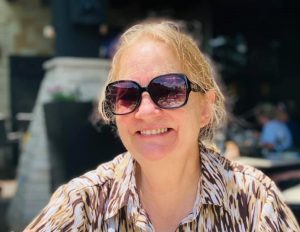
MS, Exceptional Student Education (Univ. of W. Florida) emphasis on Applied Behavior Analysis
MA, psychology (Grand Canyon University)
Bachelor of Arts (Northwest Nazarene University)
***************************************************************

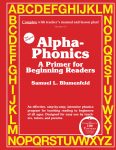
For Parents who are concerned about assuring a solid base for their Children’s education. READING is the bedrock. One good way to assure the best results is to teach your OWN children to read. And it is much easier than you ever dreamed. All you need is a good program like ALPHA-PHONICS. Alpha-Phonics has been used by tens of thousands of Parents, easily and successfully FOR 38 YEARS. Most Parents find they only need 15-30 minutes a day and can complete the course in only a few Months. Parents need NO experience or special training to teach their Children to become excellent readers. This may sound impossible, but, if you read the reviews and testimonials below, you will learn it is true.

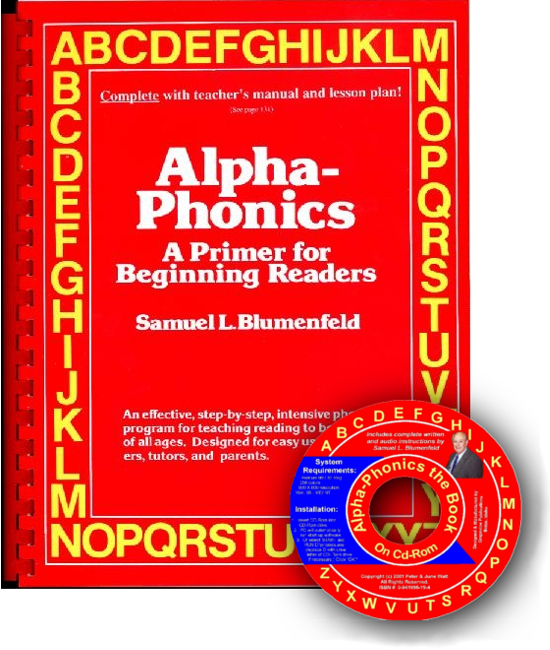 Alpha-Phonics
Alpha-Phonics The Alphabet Song!
The Alphabet Song! Water on the Floor
Water on the Floor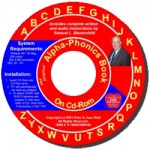 Alpha-Phonics the Book on CD Rom
Alpha-Phonics the Book on CD Rom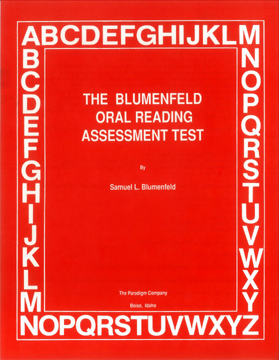 Blumenfeld Oral Reading Assessment Test
Blumenfeld Oral Reading Assessment Test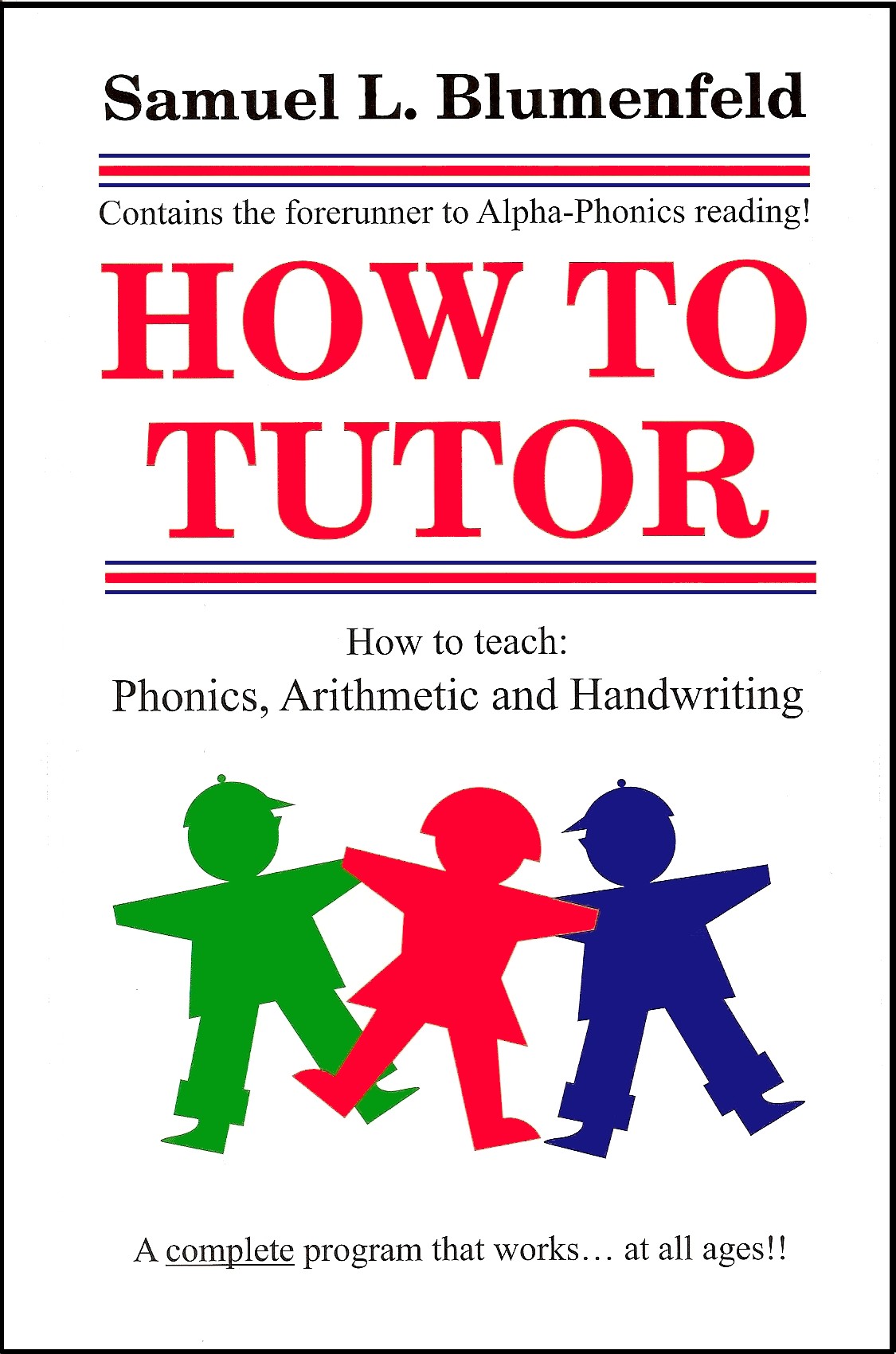 How To Tutor
How To Tutor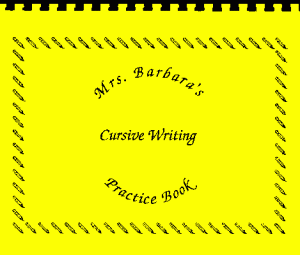 How To Tutor Cursive Handwriting Workbook
How To Tutor Cursive Handwriting Workbook
Leave a Reply
You must be logged in to post a comment.